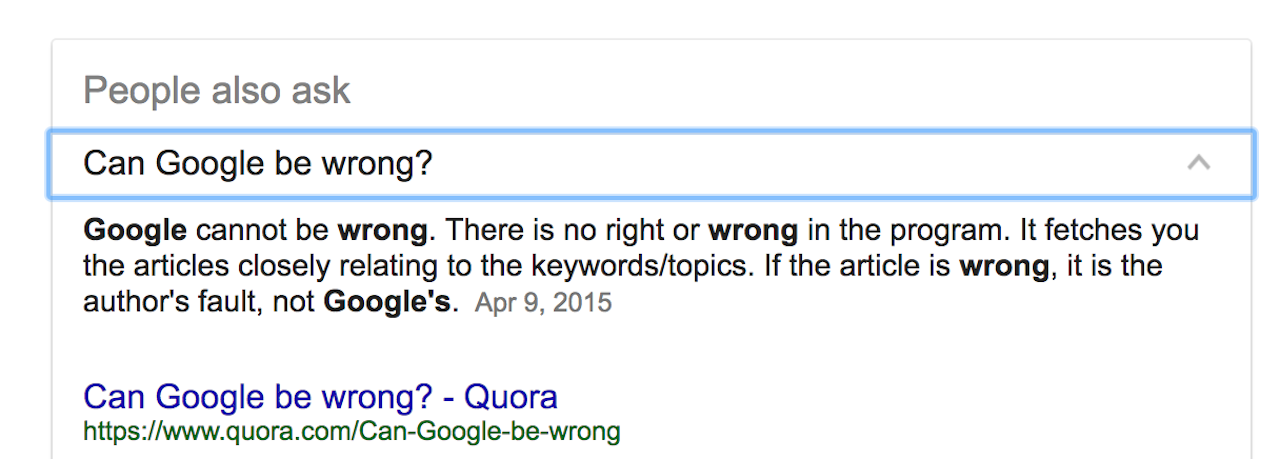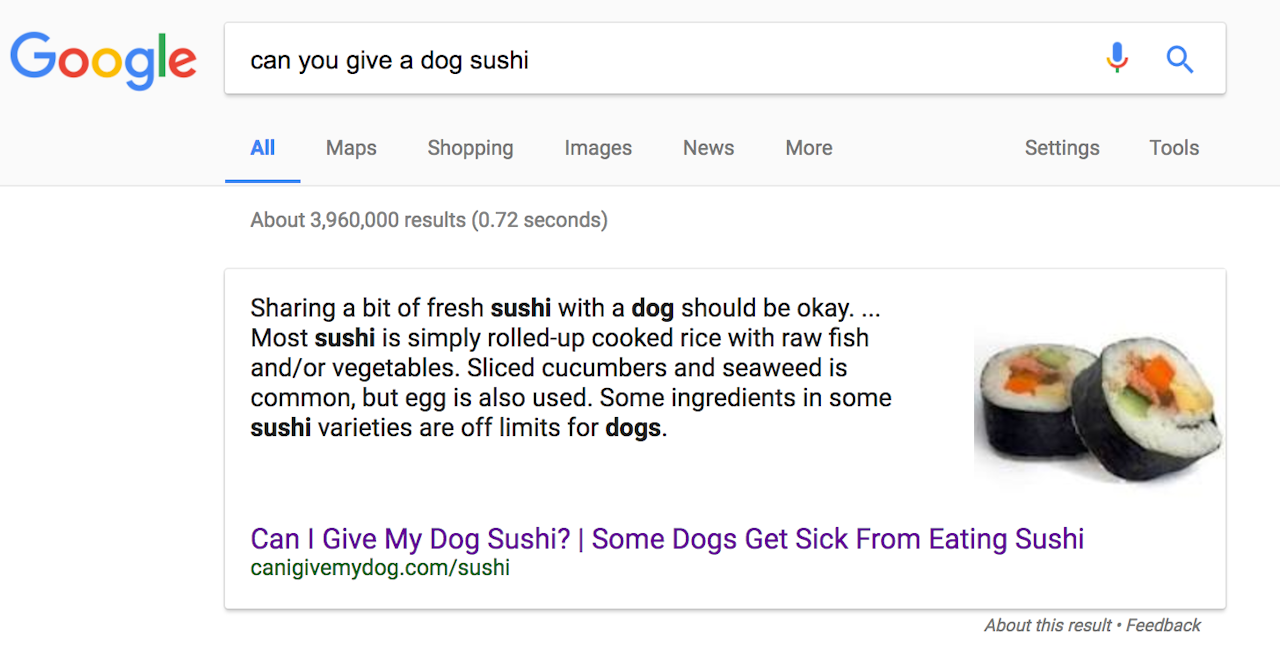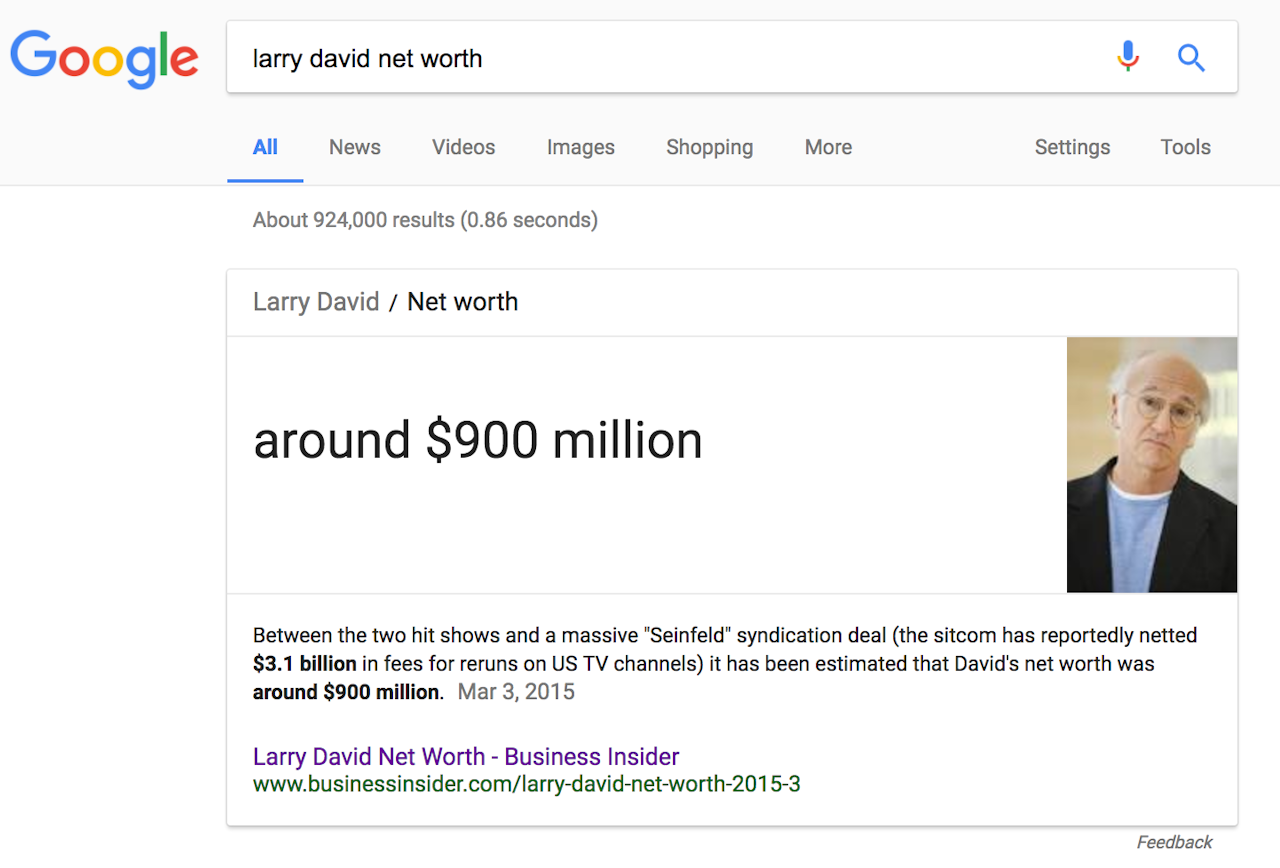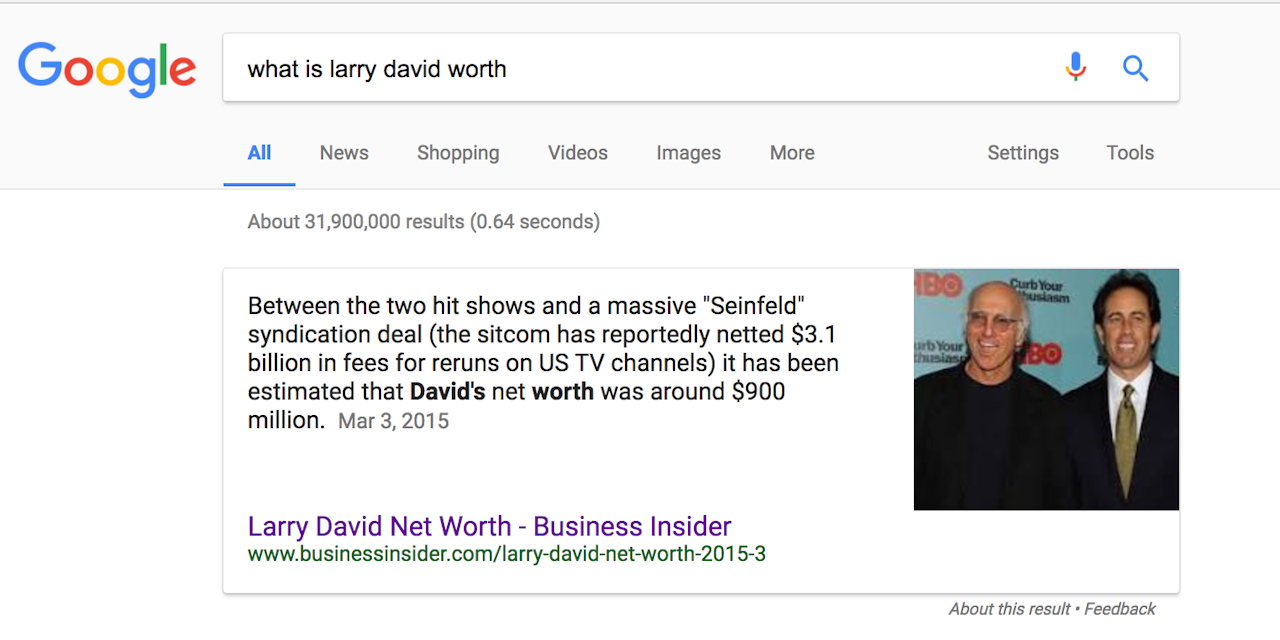CelebrityNetWorth.com launched in 2008 because Brian Warner, a former finance major working at a digital media company, wondered what Larry David was worth.
“Honestly, I wanted to know how much money Larry David had,” Warner said. “I think Curb Your Enthusiasm had just come back, and I was like, ‘God, he must have made so much money from Seinfeld.’ I Googled something like ‘Larry David net worth’ and the results were garbage.”
According to CelebrityNetWorth.com, Larry David is now worth $400 million. Warner acknowledges that it’s an inexact science, but he and his employees don’t simply conjure their numbers. They look at real estate transactions, news reports of large purchases and salaries, and sometimes even correspond with the celebrity or their reps. Floyd Mayweather, whose net worth Warner estimates is perhaps the most-Googled due to his infamous spending habits, has personally sent the site screenshots accounting for his assets.
“I’m not going to say that you should use the numbers that we have on the site to the dollar in a court case,” Warner said. “But I would absolutely say that we are the most accurate peg of a celebrity’s net worth at any given time that you will find on the internet.”
This line of questioning — how much celebrities are worth — is popular enough that Warner was able to quit his day job in 2012 to focus solely on the site. At its height, he said it had a 12-person staff.
Then Google happened.
For most of its history, Google was like a librarian. You asked a question, and it guided you to the section of the web where you might find the answer.
But over the past five years, Google has been experimenting with being an oracle. Type in a question, and you might see a box at the top of the search results page with the answer in large bold type. When is Easter? Who won The Voice? Can you give a dog sushi?
Some of these answers include information sourced from a database that Google curates called Knowledge Graph. That’s where most of the numerical and date-based answers come from, as well as some searches that will pull an answer from Wikipedia, a site Google trusts.
But some of the answers aren’t curated, but are instead algorithmically pulled from the web. These are called “Featured Snippets,” and they have caused Google trouble in the past, as the search engine has inadvertently highlighted answers are racist, sexist, or blatantly false.
“The ultimate goal is to enhance user experience at Google Search...”
In 2014, Warner got an email from Google asking if he would be interested in giving the company access to his data in order to scrape it for Knowledge Graph, for free.
Here is an excerpt from the email:
“We get a good amount of search queries about net worth of celebrities and important people. I am tasked with finding an authoritative source, and Currently am exploring sources for Net Worth of Celebrities datasets. The ultimate goal is to enhance user experience at Google Search [...] I was reviewing your website, and your collection looks comprehensive… if you can share a small sample dataset in a spreadsheet, perhaps 10 celebrities with metadata, that will help me/team evaluate and see how it fits within our schema.”
If approved, this meant that any Google search for a celebrity’s net worth would return that pullout answer. The answer would include a link to Warner’s site, and Google promised him it would be good for his brand. But it would also drastically cut his traffic. Most people just want the number; they aren’t as interested in the breakdown of the math. So Warner said no.
“I didn’t understand the benefit to us,” he said. “It’s a big ask. Like, ‘hey, let us tap into the most valuable thing that you have, that has taken years to create and we’ve spent literally millions of dollars, and just give it to us for free so we can display it.’ At the end of it, we just said ‘look, we’re not comfortable with this.’”
“But then they went ahead and took the data anyway.”
In February 2016, Google started displaying a Featured Snippet for each of the 25,000 celebrities in the CelebrityNetWorth database, Warner said. He knew this because he added a few fake listings for friends who were not celebrities to see if they would pop up as featured answers, and they did.
“Our traffic immediately crumbled,” Warner said. “Comparing January 2016 (a full month where they had not yet scraped our content) to January 2017, our traffic is down 65 percent.” Warner said he had to lay off half his staff. (Google declined to answer specific questions for this story, including whether it was shooting itself in the foot by destroying its best sources of information.)
Celebrity Net Worth uses Google’s advertising network, so he tried reaching out to Google through his advertising contact. No luck. He was doubly upset when he realized that many of Google’s Featured Snippets didn’t credit CelebrityNetWorth for its work. Many of the links went to other sites, like the mortgage referral site Bankrate.com, even though those sites cited CelebrityNetWorth as their source.
Warner acknowledged the risks in building a site that depends so heavily on Google for search traffic, and whose research can easily be reduced to a single number. But he still thinks what Google did is unfair. “If Featured Snippets are here to stay, that’s okay. I’ve made peace with that,” he said. “I one-hundred-percent think we should be credited for them.”
Google’s ability to make or break small businesses is well-documented. Something similar happened when the search engine last year added “Local Business Cards,” essentially highlighted results for area businesses. As a consequence, local businesses that had worked to get their sites ranked well in Google were suddenly pushed aside in favor of sites that updated more frequently. The rollout of Google+ had a similar effect on small businesses in 2011, as did the devastating Panda update, which was supposed to target spammers but ended up just turning everything upside down for small-scale webmasters.
Google’s push into direct answers has wide-reaching consequences for more than just small business owners who depend on search traffic. The email Google sent Warner in 2014 gives some insight into how Google selects reputable sources. Google wouldn’t answer questions about this, but based on the emails, the vetting was pretty thin; Google seemed more interested in whether the data was machine-readable than whether it was accurate. And the bar for featured snippets — the answers culled algorithmically from the web — is even lower, since it appears that any site good enough to rank in search results is good enough to serve as the source for Google’s canonical answers. That’s how you get erroneous answers that claim Barack Obama is organizing a coup, or that the Earth is flat, or that women are evil, or that this scam artist invented email.
It should be noted that Knowledge Graph and Featured Snippets answers provide the text that gets read out loud by Google’s voice assistant and Google Home — a huge part of the motivation for the aggressive rollout of what’s clearly a flawed feature.
At the time of writing, the queries “Larry David net worth” and “how much is Larry David worth?” both turned up the answer $900 million and credited Business Insider. The Business Insider story says that “it has been estimated” that Larry David is worth up to $900 million and links to a press release from the wealth market insights firm Wealth-X. Then it cites CelebrityNetWorth’s lower number, $400 million, and quotes Larry David denying he was worth even $500 million in an interview with Charlie Rose.
It’s hardly a conclusive number, yet Google seems to be endorsing it — both as a Knowledge Graph answer, supposedly from Google’s curated database, and a Featured Snippet, the less-scrupulous web-crawled answer. (Featured Snippets usually have a note that says “About this result,” while Knowledge Graph answers do not.)
Google does change these answers constantly, sometimes improving them, as I’ve reported in the past — but not always, and it has not been specific about how it processes user comments filed through the “Feedback” form it includes under every Knowledge Graph and Featured Snippet.
The company sent the following boilerplate statement in response to questions about this story:
“Featured Snippets are an automatic and algorithmic match to the search query, and the snippets come from third-party sites. These sites are attributed at the bottom of the Featured Snippet, and the user can click through to those sites directly from the Featured Snippet in Google Search. We’re always working to improve our algorithms, and we welcome feedback on incorrect information, which users may share through the ‘Feedback’ button at the bottom right of the Featured Snippet.”
Two weeks after Warner emailed me about this story, he noticed a change to Featured Snippets. Google seemed to be showing fewer of the pullout results, apparently discarding the Featured Snippet for lesser-known celebrities. CelebrityNetWorth’s traffic went back up, although not to previous levels. “I'm not exactly breaking open the champagne bottles because if you've been through what I've been through in the last two years, you learn to never get too excited about something Google does,” he said. “This could just be a temporary reprieve before they unleash something worse than ever before.”






